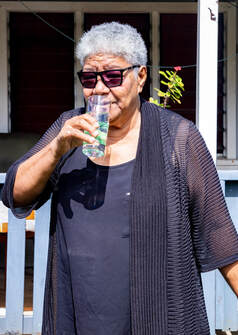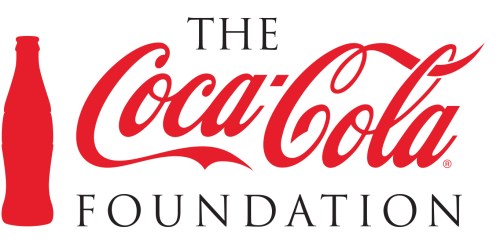Building Resilience in Communities affected by the Hunga-Tonga Hunga-Ha’apai Disaster in Tonga through Sustainable Rainwater Harvesting Practices
Focal Areas: WASH, Health, and Disaster Response/Risk Reduction
About the Project
Access to safe drinking water is significantly important for healthy communities. However, it can be challenging with the perception and practices about collecting and storing rainwater, and especially with the increasing risks imposed by climate change and natural disasters. An example of this is the eruption of Hunga-Tonga Hunga-Ha’apai volcano in January 2022 which covered parts of the country in ash, presumably impacting the safety of drinking water stored in water tanks. The main source of drinking water in Tonga is rainwater collected in water tanks, either made from cement or plastic.
|
|
The Project will target the 3 districts that were severely affected by the Hunga-Tonga Hunga-Ha’apai eruption and subsequent tsunami of January 15th, 2022: Kolovai, Kolofo’ou and Kolomotu’a. Water tanks in these areas were affected by the volcanic ash because of the eruption, seriously impacting the safety of the drinking water. Environmental factors make some of the proposed districts more vulnerable than others to waterborne diseases. Local communities need to better understand the increasing risk from climate change and natural disasters, such as, drought, further volcanic eruptions, hurricanes and their inverse impact on the quantity and availability of rainwater for drinking.
|
|
|
Outcome
Improved health for the participating households and communities through better understanding of sources of water contamination and health risks from drinking unclean water, rainwater collection systems are regularly cleaned and flushed out, drinking water is regularly tested for bacteria and other risky contaminants
Location
Tongatapu – Kolovai, Kolofo’ou and Kolomotua districts
|
|
Activities
|
Donor / Development partner
|
|
· Conduct participatory community awareness workshops
· Conduct water testing HH water tanks · Use results from water testing follow-plan of action to improve drinking water quality by maintenance and cleaning of the rainwater harvesting collection system · communicating project results to the wider community |
Timeframe : 1 January 2023 – 31 December 2023


